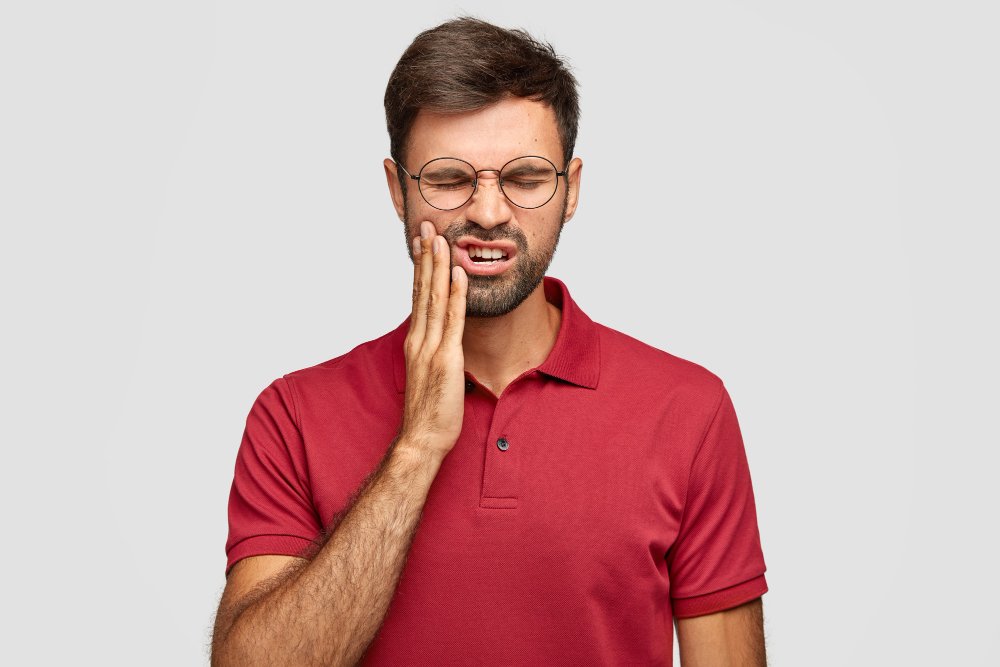Can Your Diet Cause Teeth Grinding in Your Sleep?
It’s no secret that what you eat has an effect on your body, including the health of your teeth and gums. But did you know that your diet might also be responsible for your teeth grinding at night? In this blog post, we’ll explore the debate over whether or not there is a link between diet and teeth grinding, as well as what you can do to protect yourself if you’re concerned about it (like wearing a teeth grinding mouth guard).
What Causes Teeth Grinding?
Teeth grinding – also known as bruxism – is a condition in which people grind their teeth in their sleep. The exact cause of bruxism is not known, but it’s believed to be linked to stress and anxiety. Some experts have suggested that diet can play a role in bruxism, since certain foods can increase stress levels or contain ingredients that cause irritation in the mouth.
For example, caffeine is often cited as one of the main culprits when it comes to teeth grinding, because it increases energy levels and produces mental alertness. Caffeine-containing drinks such as coffee, tea, and soda may contribute to night-time teeth grinding if consumed within six hours of bedtime. Additionally, alcohol consumption has been linked to increased levels of stress hormones, which could lead to bruxism.
Other dietary factors may contribute to bruxism as well – for instance, some foods contain high levels of acid, which can irritate the enamel on your teeth and cause discomfort during sleep. High sugar intake has also been linked to an increased risk for bruxism due to its ability to increase energy levels and disrupt sleep patterns.
Finally, chewing gum throughout the day can lead to jaw tension, which could result in night-time teeth grinding.
Protecting Yourself from Bruxism
If you think your diet might be causing your teeth whitening, there are steps you can take to protect yourself from any potential damage caused by this condition.
- One option is a teeth-grinding mouth guard, which acts as a barrier between your upper and lower jaw while you sleep. This prevents your upper and lower jaw from coming into contact with each other and reduces the amount of friction generated during sleep-related clenching or gnashing of the teeth.
- Additionally, eating more protein-rich foods such as lean meats and fish will help keep energy levels low before bedtime, so they don’t spike during the night when you’re sleeping.
- Finally, limiting caffeine intake will help reduce energy levels and make it easier for you to relax before bedtime, so that you don’t wake up with sore jaws from clenching or grinding your teeth overnight.
Find What Works Best for You
At the end of the day, everyone is different. If you are grinding your teeth of a night, try experimenting with the methods outlined here until you find a solution that works for you. Good luck and sweet dreams!
Share this content:














Post Comment